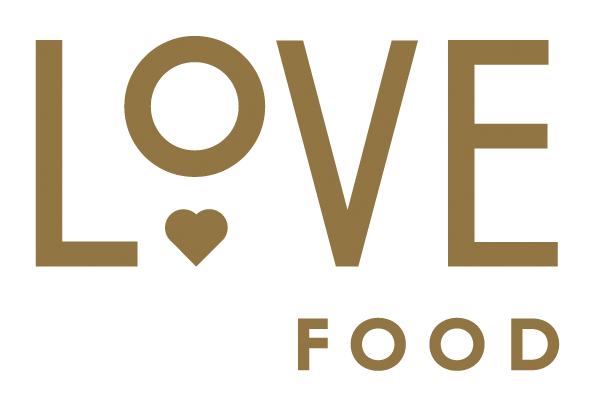Dietary Requirements in Modern Catering
Dietary requirements have always been a highly important aspect of catering. Whether for medical, religious, ethical or personal reasons - it’s highly important to take everyone’s dietary requirements into consideration and ensure that everyone has access to balanced, healthy meals. When organising a larger catering event, it’s important to have a food catering or office catering provider who understands the importance of dietary requirements as well as how to prepare food safely and appropriately to cater for all dietary requirements.
This article covers the dietary requirements that you will need to consider when catering for an event as well as why you should consider our team to arrange for your office catering in London. We cover:
-
Understanding dietary diversity and the main forms of diversity that exist. As well as why it’s important to ensure everyone’s dietary requirements are followed.
-
Safety for medical conditions and dietary requirements to label food correctly and to avoid cross-contamination after your food has been delivered or served.
-
Ensuring that dietary requirements are commonly discussed in the workplace as well as the cultural considerations that need to be made for dietary requirements that are of an ethical or religious nature.
At Love Food, we are the leading provider of office lunch catering in London. We have balanced healthy meals for everyone to enjoy, a wide range of vegetarian, vegan and halal lunches, as well as gluten-free options for our clients. This is to ensure that you are able to provide catering for all regardless of their dietary requirements. Get in touch if you require any further information.
Understanding Dietary Diversity

The most common dietary requirements that we may think of when considering dietary requirements are medically related - but there are many different reasons as to why an individual’s dietary requirements may vary. The way in which foods are prepared and delivered or served is highly important, regardless of the reason behind someone’s dietary requirements. The main aims are to:
-
Understand and promote dietary diversity rather than making it a point of additional consideration.
-
Ensure that cross-contamination doesn’t occur, regardless of whether the dietary requirement is a medical decision/requirement or a religious or ethical decision/requirement.
-
Ensure that a range of dietary-friendly options are available to staff and clients to encourage awareness and provide a wide range of choices regardless of dietary requirements.
It’s very important for inclusivity to ensure that ethical and religious dietary requirements are taken into consideration. Not following medical dietary requirements and allergies can be highly dangerous depending on the severity of the allergy or dietary requirement so it’s again vital that cross-contamination doesn’t occur at any point.
Removing the Risk of Cross-Contamination
Cross-contamination must be avoided at all costs when you have staff members or clients or other people that you are catering for with dietary requirements. Cross-contamination may include:
-
Mixing meats with vegetarian or vegan dishes or non-halal with halal meals.
-
Mixing allergens with uncontaminated foods or meals as well as mixing gluten with non-gluten.
Our expert team takes careful consideration with the preparation of all meals regarding dietary requirements and allergens. We clearly include any allergens on our products on our website as well as whether our products are suitable for vegetarians, and vegans, are gluten-free and are suitable for halal diets.
When your food is delivered or served, it’s highly important to avoid cross-contamination. Creating designated areas for each dietary food type to be served and ensuring that foods are not contaminated or cross-contaminated after serving is highly important to ensure the safety and ethical/religious requirements of those who are eating at respected and considered appropriately.
Having discussions about dietary requirements is also important to ensuring safety and consideration for all staff and clients as well as others that may be attending an event in which catering will be provided. This allows inclusion for those who have a dietary requirement for whatever reason.

